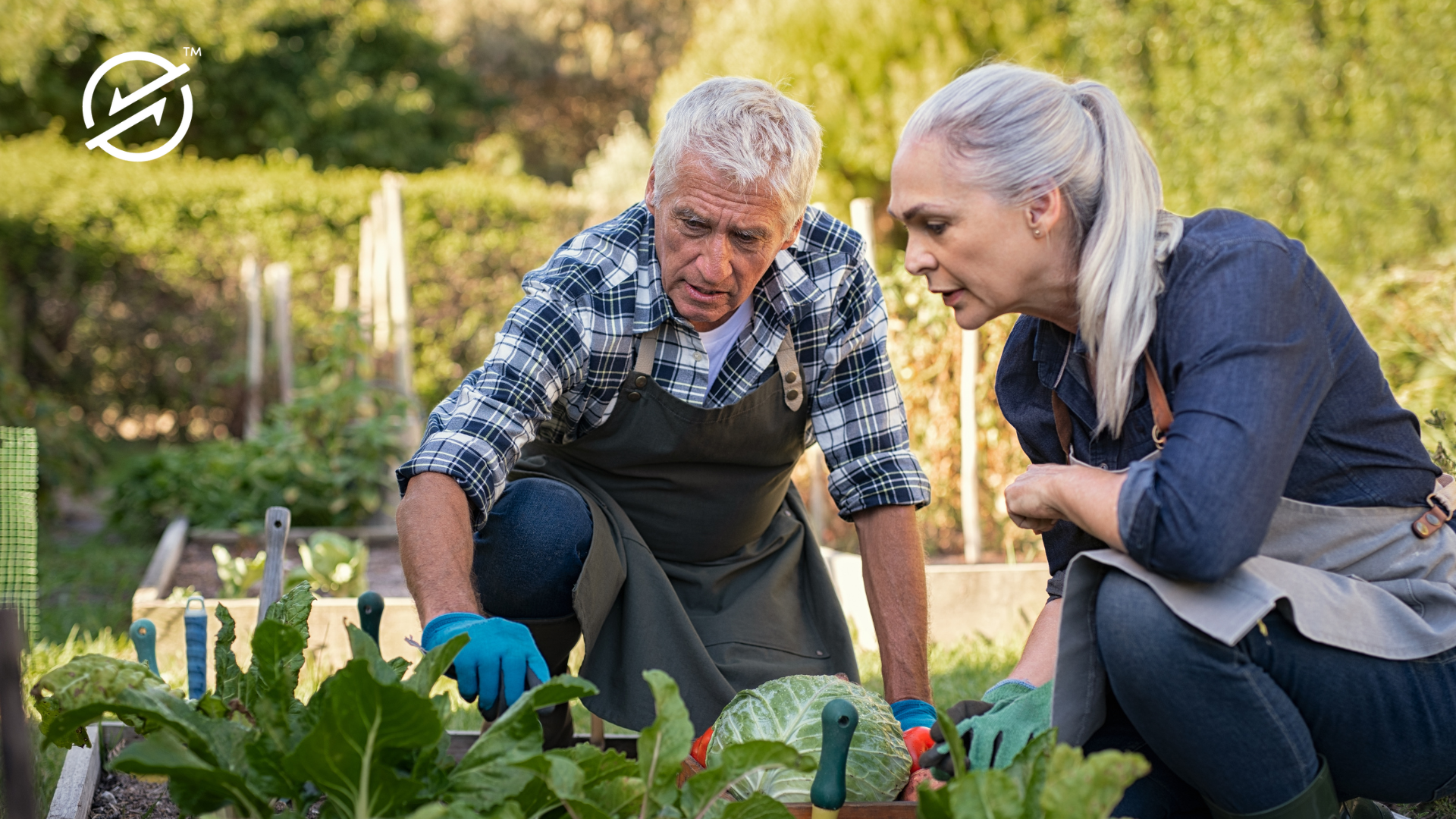
As we age, maintaining valuable social connections and relationships is fundamental to protecting physical, mental, and emotional well-being. While senior living homes are designed to create community in a safe environment, they often lack the varied social stimulation that helps older adults thrive. Leveraging volunteer programs can be a valuable strategy to enrich residents’ lives by bringing companionship, physical activity, and mental stimulation to days that may sometimes feel monotonous.
Volunteer programs offer residents opportunities to interact with people outside their community. They also connect residents with regional organizations and causes, creating mutually beneficial partnerships. Implementing volunteer initiatives in your community can improve your residents’ quality of life, mental health, and sense of purpose.
How Older Adults Benefit from Volunteerism
It’s in our nature to build relationships. As social beings, we rely on social interactions to feel fulfilled, connected, and seen. Unfortunately, our connection to interpersonal networks often weakens as we age. In fact, older adults are among the communities most susceptible to feelings of isolation and loneliness. Social isolation and loneliness are “antecedent risk factors for depression or worsening late-life depression in older adults,” and older adults who have a lower frequency of in-person social interactions experience higher rates of depression.
Volunteer programs help combat feelings of isolation and loneliness. Volunteers can provide much-appreciated companionship, offering residents an opportunity to engage in meaningful conversation and even form long-term friendships.
Because volunteer programs often involve group activities, they inherently encourage social interaction. Whether it’s game night, book club, arts and crafts class, or even “senior prom,” volunteer programs bring people together. Group events often foster feelings of camaraderie and community, and the presence of volunteers can make the moment feel extra special.
Volunteer programs also nurture mental and emotional well-being. Interacting with compassionate, enthusiastic volunteers can help older adults feel appreciated and valued. Whether they’re having a heartfelt conversation or playing a game of cards, volunteers and older adults both enjoy the satisfaction of connecting over a shared moment.
Volunteers frequently engage residents in mentally stimulating activities such as puzzles, memory games, and reading aloud. These activities help keep the mind active, which helps maintain cognitive health. Regular mental stimulation can even slow cognitive decline.
Volunteers often help older adults be more active, as well. They can lead or assist in yoga or gentle exercise classes, take residents for a walk, or teach a style of dance. Regular physical activity helps older adults maintain their strength and mobility.
Perhaps one of the most appreciated benefits is the energy, enthusiasm, and vibrancy volunteers bring. This injection of “new energy” can help everyone feel happier and more content. It’s a much-appreciated change in routine that makes the day feel even more enjoyable and fulfilling.
Ways for Residents to Volunteer
While older adults appreciate being visited by volunteer groups, they’re also capable of volunteering, themselves. It can be a refreshing change of scenery and an opportunity to share their wealth of knowledge.
For example, older adults can mentor young professionals who are searching for career guidance, tutor students, and advise aspiring entrepreneurs. Organizations such as Big Brothers Big Sisters or local schools often are looking for volunteers who can be mentors.
Community service projects are also wonderful opportunities for older adults to volunteer in their community. Building a house for Habitat for Humanity, participating in a trash clean-up day, or putting together meals at the food bank for an upcoming holiday are all ways older adults can make a tangible impact in their communities.
For animal lovers, volunteering at animal shelters and rescue organizations can be a great fit. Walking dogs, socializing cats, helping with paperwork, and cleaning the facilities help older adults improve animals’ quality of life.
Hospitals are often in search of volunteers who can visit patients and provide companionship, particularly for those who don’t frequently have visitors. This type of volunteering can be deeply fulfilling for both the patient and the volunteer.
Serving as a docent at a local museum or cultural institution, supporting volunteer programs at religious organizations, volunteering at the library, or helping organize voter registration drives and election days are also ways that older adults can find ways to offer their time to their community.
Ways for Volunteers to Engage with Residents
If a volunteer group is looking to visit your community but you’re not sure what to do with them, consider these suggestions:
- Organize and host social events such as themed parties, movie nights, or holiday traditions
- Lead group activities such as arts and crafts, book club, or gardening
- Lead wellness classes such as yoga, tai chi, and guided meditation
- Support technology use by teaching residents how to use their smartphones, tablets, laptops, e-readers, and more
- Host music and dance classes such as sing-alongs or live music performances
- Provide companionship by listening to stories, helping with simple tasks, or simply watching TV
- Lead creative activities such as journaling, painting, or even an improv class
- Deliver workshops on topics of interest such as sustainability, cooking, or current events. Using resources such as News Currents Sr. gives volunteers everything they need to lead discussions on news stories, facilitate conversation, and bring fun activities to residents.
- Bring pets for animal therapy
- Supervise outings to parks, museums, theaters, restaurants, or anywhere staff could use the help
Volunteers are essential contributors to healthy and vibrant senior living homes. Additionally, offering older adults the ability to give back by sharing their skills and knowledge enriches their community. Whether serving as a volunteer or appreciating what a volunteer is doing for them, older adults can enrich their lives and make every day feel fulfilling and meaningful.